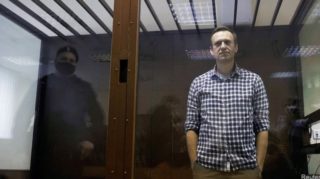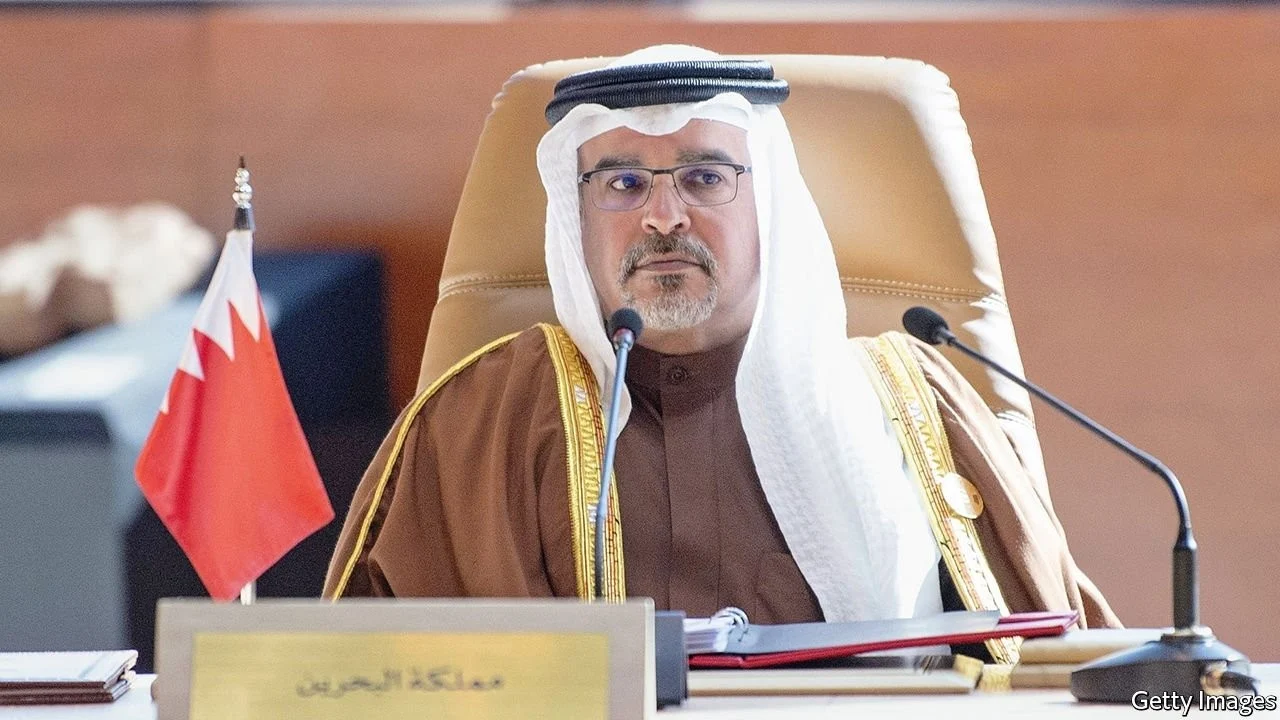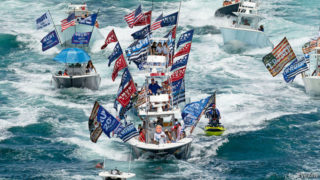BY LOCKING Alexei Navalny up in a harsh penal colony, Vladmir Putin has condemned his main political opponent to acute physical and mental torment and the risk of imminent death. But he has not quelled the threat that Mr Navalny poses to his rule. An open letter sent to The Economist today from nearly 80 eminent writers, actors, artists, historians and public intellectuals from around the world highlights the ignominy Mr Putin is bringing upon himself and his regime.
The signatories report that Mr Navalny, who last August survived poisoning with Novichok, a nerve agent, that many blame on Mr Putin, has symptoms of a severe neurological disorder—constant back pain and the loss of sensation in his legs and hands, as well as a severe cough and fever. “As a Russian citizen, he has the lawful right to be examined and treated by a doctor of his choice,” note the signatories of the letter. “Having been denied this right, on March 30th, he began a hunger strike in protest.” His wife says that, in his cell in Pokrov, some 100km (60 miles) east of Moscow, he has lost some 16kg in weight.
He is now being threatened with forcefeeding that would amount to torture. Mr Navalny’s doctors have demanded immediate access to him, saying his health is now approaching a critical state.
Instead of a doctor, the Kremlin has sent a television propaganda team, led by Maria Butina, a celebrity Putin supporter who was jailed in America for infiltrating American political circles as part of Russia’s attempt to influence the presidential election of 2016. Swaggering into Mr Navalny’s barrack with a TV crew, she yelled that the prison was more comfortable than a hotel in the small Siberian town where she grew up. (No matter that it has no hotel at all.) When Mr Navalny’s doctor and political ally, Anastasia Vasilyeva, arrived at the prison gates to demand access a few days later, she was detained, along with several journalists, including one from CNN.
Few things illustrate the pettiness of Mr Putin’s regime as clearly as its treatment of political prisoners. Mr Navalny asked for a family photo album; it was denied. While he is on hunger strike, he says, the prison governor had sweets planted in his clothes and gave his cellmates an electric stove on which they grill chicken and bread. “This is the essence of this regime’s [belief]: why would anyone want to defend his principles or fight for his rights if there is tasty grilled chicken nearby,” Mr Navalny said in an Instagram post via his lawyers.
While the Kremlin tries to crush Mr Navalny’s morale, his team has mounted a campaign to free him. It has called for a 500,000 strong street protest demanding Mr Navalny’s release and has already persuaded nearly 450,000 to sign up for it. And it continues to needle Mr Putin with revelations of alleged corruption in his regime, including, most recently a new revelation about one of Mr Putin’s lavish residences with massage rooms, a swimming pool, and an extreme-cold cryotherapy chamber.
Faced with the possibility of the largest protest in modern Russia’s history and the prospect of suffering a crushing defeat in the parliamentary elections in September, the Kremlin has responded with drastic threats. On April 16th Russian prosecutors demanded that Mr Navalny’s anti-corruption foundation and all his regional branches should be banned as extremist organisations. This would mean that anyone working or even volunteering for Mr Navalny could face criminal charges.
A statement, issued by Mr Navalny’s team, says this amounts to mass political repression. “The darkest times for any freethinking people and for the civil society in Russia are coming. Effectively the Kremlin has just demanded that anyone who disagrees with it, who disagrees with [Mr Putin’s] palaces…with corruption…is recognised as an extremist.” The Kremlin’s move has solidified Mr Navalny’s reputation as Mr Putin’s number-one opponent.
Even in his torment, Mr Navalny can subject Mr Putin, too, to an agonising dilemma. On the one hand, giving in to the hunger striker’s demand would look like a political defeat, and a moral victory for his hated critic. But to let him die would make Mr Putin even more like “the killer” President Joe Biden has called him. Facing new American sanctions imposed this week for a range of Russian behaviour, Mr Putin must know that Mr Navalny’s death would make any hope of international rehabilitation even more remote.
By The Economist





